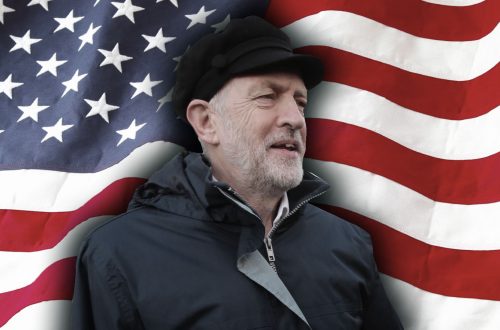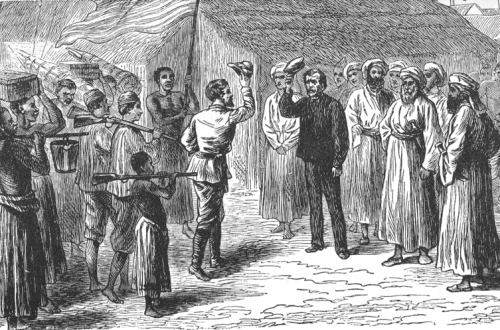Some interesting reaction to the Barry Legg quote from the Tory fringe meeting this week. Oliver Kamm and others make their point in the comments box while Stephen Pollard responds on his blog and thinks I have “fallen for the sentimentalism which infects the left”.
All have focused on Legg’s comments about ‘compassion’ but the point in his quote that I thought was revealing was rather his statement that:
“The amount of pain is unlimited – governments cannot create happiness and if you pursue the agenda of compassion in government you are pursuing unlimited government.”
Compassion is surely a motivational element which in many respects is irrelevant. It matters not whether government acts in the common good out of compassion or out of a pragmatic desire to aid social cohesion or other motives.
What matters is whether you think government can actually make a difference, can improve things, can in the broadest sense bring ‘happiness’.
You don’t have to be a believer in massive state intervention to accept that government’s can and do create happiness. Indeed the modern social democratic phrase ‘enabling government’ is based on that notion.
If we can define ‘happiness’ as helping to end misery and satisfy given needs of people I would go further and say that creating happiness is actually a key part of government.
When families are brought out of poverty by state assistance programmes, people are found training and jobs then government is creating happiness (or contentment if you prefer).
When streets are made safe and crime and anti-social behaviour is tackled effectively then governments are creating contentment.
When a kid from a disadvantaged background gets into higher education thanks to a combination of state assistance and his or her own initiative then government is helping create happiness.
By denying that governments can create happiness,
Legg is effectively negating the positive role that governments can play. That is because, I suspect, he doesn’t see much role for government beyond the libertarian minimum of allowing a legal arena for profitmaking activity.
As for his suggestion that pursuing happiness brings ‘unlimited government’ that really is just rhetoric.
Deciding where to draw the line at government action, drawing limits on the scope of intervention and the use of public resources is what politics is all about.


